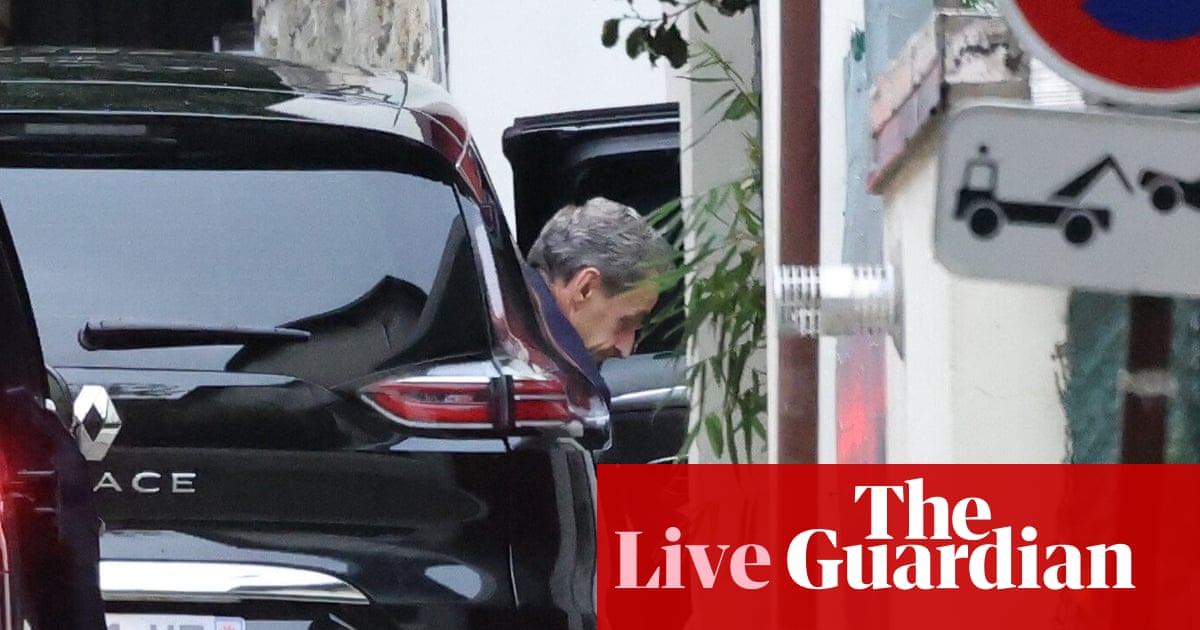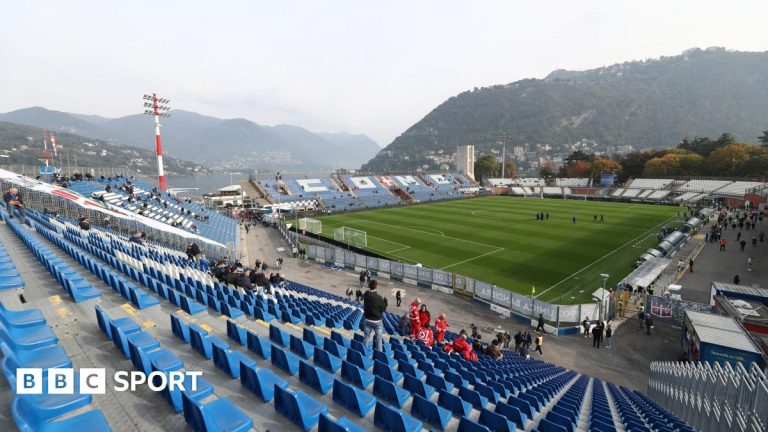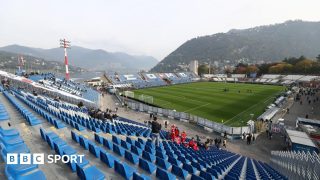Former French president Nicolas Sarkozy has been released from La Santé prison in Paris and placed under judicial supervision while he appeals a five-year conviction for criminal conspiracy over allegations he sought campaign funds from the late Libyan leader Muammar Gaddafi.
Sarkozy, 70, left prison on Monday after 20 days behind bars. He was accompanied by his wife, Carla Bruni-Sarkozy, and returned to his residence in west Paris under a strict set of conditions imposed by a Paris appeals court. The former president said on social media: “The law has been applied. I will now prepare for an appeal. My energy is focused solely on proving my innocence. The truth will prevail.”
The court granted his request for release pending the appeal. Under the terms of the release Sarkozy is forbidden from contacting any officials from the justice ministry, including justice minister Gérald Darmanin, and is barred from speaking to others involved in the Libya case. He is also banned from leaving France. Prosecutors had reportedly supported supervised release with conditions including restrictions on contacts and movement.
Sarkozy began serving the sentence on 21 October after a Paris court found him guilty of criminal conspiracy in a scheme to obtain funds for his 2007 presidential campaign from Gaddafi’s regime. He denies wrongdoing and has lodged an appeal; a new trial on appeal is expected to begin in March, with dates to be confirmed. His lawyers described Monday’s decision as “the first step” and said their focus is preparing for the appeal hearing.
Speaking to the appeal court by video link from prison, Sarkozy — dressed in a navy suit and flanked by lawyers — described his time in custody as “a nightmare” and “gruelling,” and paid tribute to prison staff he said had been “exceptionally humane.” Defence lawyers argued Sarkozy had faced death threats and had been held in solitary confinement for his safety in a small individual cell with two bodyguards in a neighbouring cell. Reports said he ate only yoghurt in prison because he feared food could be tampered with; he also declined offers to cook for himself.
The case has prompted controversy. Darmanin, who once regarded Sarkozy as a mentor, visited the former president in prison last month; France’s top prosecutor warned such contact risked undermining judicial independence and some magistrates criticised the visit. The appeals court’s ban on contacts with justice ministry officials includes Darmanin as part of the release conditions.
Family and political reactions were immediate. One of Sarkozy’s sons posted a childhood picture with the caption “Long live freedom!” and his lawyers emphasised that Monday’s decision did not change the defence’s intention to challenge the original verdict at the appeal trial. Supporters have sent letters to the prison, and Sarkozy thanked those who wrote to him.
Sarkozy will remain under the supervision measures until the appeal process concludes. His lawyers and supporters say the next major phase is the formal appeal trial next spring, where they aim to overturn the conviction. Until then he will await proceedings at home under the court’s restrictions.






